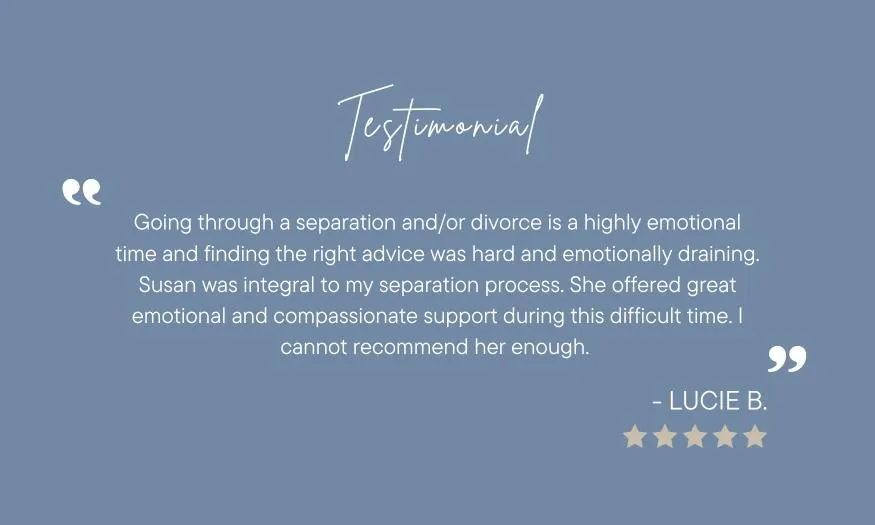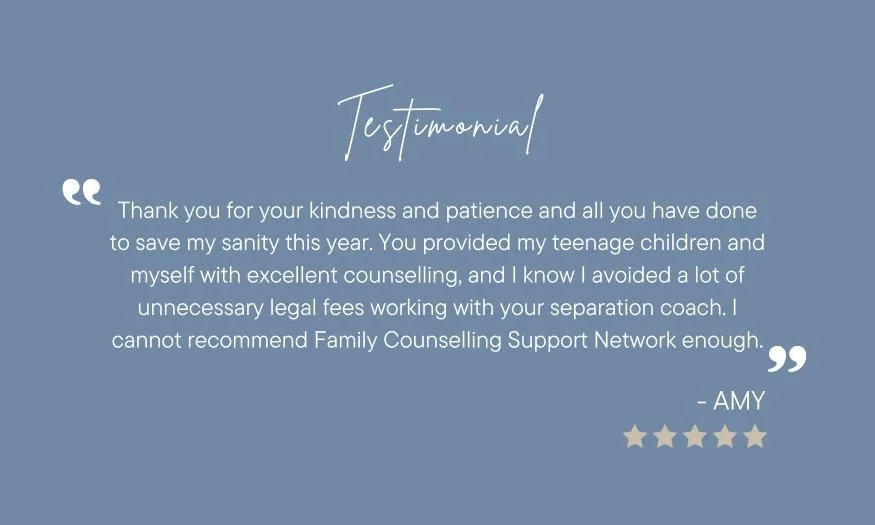READY TO THRIVE
WORKSHOPS & EVENTS

Konnect workshop
Join our psychologist and counsellor for a wonderful opportuntity to connect with your child one-on-one. In our busy lives, the ability to stop and really see and hear our child and engage in a really meaningful way with them can be very difficult. This in person workshop builds connection and confidence and leaves parents feeling a lot more focused on how to continue developing the connection.

Helping the kids cope with separation & divorce
Join our psychologists and family lawyers on this very practical and informative webinar to help you gain some really effective and supportive strategies to support the kids (and you) through the separation and divorce process and potential co-parenting challenges.

Preparing your own Parenting Plan
Preparing your own parenting plan, at least in draft, can save a lot of time, money and stress for you and your family. This workshop will help you understand the legal options, understand your child's best interests (and what the law says about that), how to choose a parenting schedule that will work, how to plan for communication with your former partnerand the children, drop off/handover arrangements, decide how you will make parenting decisions, and consider the financial obligations of supporting the children fairly.

Finding your inner calm and strength again
Whether you are going through a separation or divorce, another stressful event or a significant change in life, time out for self care and support is critical. Our team of experts will offer you some wonderful guidance during this webinar on how to not only manage these challenges, but find your inner calm and strength again.

Pre and Post Separation Planning
Getting your separation plan right before you leave or as soon as possible after separating, can have a huge impact on your short and long term outcomes. Join our team of experts for a highly worthwhile webinar, which will save you a lot of money, stress and time!

Managing anger and the big emotions
During this webinar, learn from our panel of specialists on how to identify and deal with those emotional triggers, set the boundaries, reduce the stress levels, anxiety and panic attacks, and more effectively manage the grief and anger.

The emotional highs and lows of rural living
Rural life can be extraordinary but we also know it can bring a significant array of challenges. This webinar explores the wonderful highs and the challenging lows of rural living for women and the role community and counselling can play in helping manage those ongoing hurdles.

What is really destroying our relationships?
Poor Communication, Burnout and Intimacy issues are often the most common reasons offered by couples for their relationship breakdowns but what is below the surface is often ignored or not realised - our levels of stress, wellness issues, mental burnout.... This excellent exploration of the impact of stress and mental load on our relationships provides excellent insight and practical solutions - an invaluble resource for any couple navigating life!

How to keep you and the children safer after separating and deal with any post-separation abuse

The Ultimate Divorce Course
This course has been delivered to our clients for twenty years and has consistently enabled our clients to avoid enormous stress, danger, financial hardship, legal costs and long term family disconnect. We step you through the process with emotional support, practical and easy to follow guidance and education, strategies and coping skills to enable you and your family to not only survive Separation and Divorce, but to rebuild and thrive again.

Your Separation & Divorce Planner
The updated 2024 Ultimate Divorce Planner will help you get it all together during your Separation and Divorce. Thousands of dollars worth of financial, legal and psychological assistance to help you manage the maze and feel supported. Order your copy now.
Our clients describe it as 'their security blanket" and "a game changer."

Financial Freedom Course
Delivered by some of the leading educators in this field, this is an incredibly valuable, practical and easy to follow course which will educate and genuinely empower you to make more informed decisions about your financial situation. It takes you from pre-separation preparation, budgeting and valuations, to pre-settlement negotiation, and beyond to post settlement phases of divorce, providing you with some of the key foundations to rebuild your life.
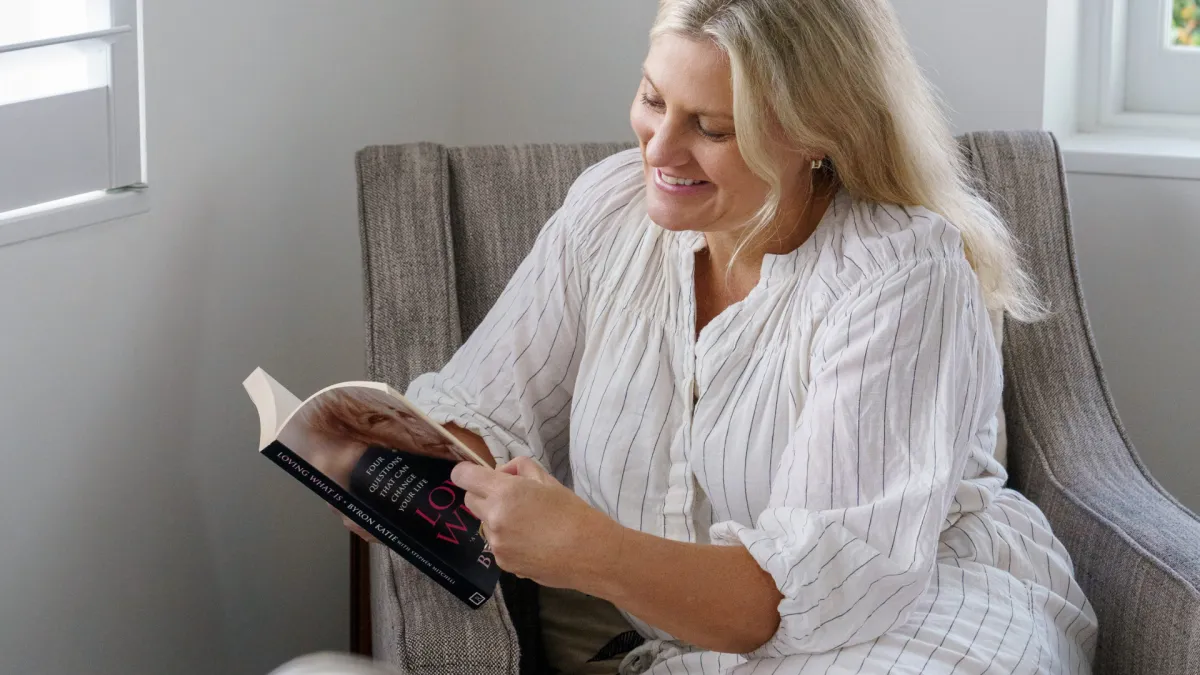
Konnect Online Book Club
Join us online each month for our wonderful FREE online community book club, from the comfort of your own home, where we have a cup of tea (or a glass of cheeky wine) and entertaining chats on the couch about the monthly books and any book recommendations. A fabulous, inclusive event hosted by Vanessa, one of the greatest book enthusiasts we know.

Co-parenting with success
Regardless of the personality type of each parent, co-parenting can bring an array of challenges to the table. Our psychologists and lawyers will provide invaluable insight into identifying and managing various personalities, communication strategies, effective co-parenting planning and provide supportive resources to have you co-parenting with greater success.

Re-Konnect with you
workshops
This workshop is offered face to face in various locations in small groups over a few weeks or one day. We also offer the programme online. It is our most popular course and sells out quickly for those wanting to attend the face to face workshops.

Boundary Setting and Thrive
Do you focus so much on being loving and giving you have forgotten your own limits? How do I stand up to hurtful behaviour or abuse? How do I co-parent and set my boundaries? We provide you with guidance on how to set healthy boundaries with ex partners, your childeren, partners, extended family and coworkers, social media and even yourself to bring new happiness, freedom and health to your life and relationships!This workshop is offered face to face in various loctions. We also offer the programme online.
Questions about our
Services?
Medicare rebate or private medical insurance claim for psychological services?
Most clients prefer to book directly with with our counsellors. No referral is required to access this counselling service.
During the first session, you can discuss the benefits of seeking a Mental Health Care Plan from your GP should you wish to pursue this path moving forward and you are booking with a registered psychologist. If you require a Mental Health Care Plan (MHCP) you will need to make a long appointment with your GP and they will make an assessment about whether you are eligible.
All of our registered psychologists are registered with Medicare and you will need a referral from a GP if you wish to claim Medicare rebates. Under the Better Access program you can receive a partial rebate for up to 10 individual sessions in a calendar year.
All our psychologists are registered with private health insurance providers in Australia. If you have private health insurance, you may be eligible to claim rebates for psychological sessions. The level of cover and any applicable waiting periods vary between providers and depends on your extras cover policy.
To find out if you are eligible and/or how much funding you are entitled to claim for psychological sessions, please contact your private health insurance.
Where applicable, some of our psychologists also see clients who are self-managed or plan-managed through NDIS at the current rate for NDIS.
Cancellation or missed sessions policy
Given the nature of our support services, last minute cancellations are costly, and it means that other clients may miss out on receiving the required support. For cancellations within 48 hours of the scheduled appointment there is a $65 part fee payment. For less than 24 hours cancellation notice or a non-show, the full session fee will need to be charged. These fees are refunded however if the session can be filled at the last minute.
How are your counselling and coaching sessions held?
We know our clients are time poor. For your convenience, all our counselling or coaching sessions are now available online via Zoom.
You can book your appointment online via this website.
Zoom allows us to connect with you via video and audio. It just requires you to click on a link to join. You can sign up to Zoom to create a FREE account and download the Zoom Client for Meetings. Zoom does require internet connections.
After you book you will be sent a reminder about the booking and emailed a link to connect at the booked time. You are also likely to be sent a client information form to complete prior to your initial consultation to enable our Counsellors and Coaches to be better prepared for your first meeting.
If you are unable to make any of the dates available, please email us to see if we can accommodate an alternate time for you: [email protected]
If you live in Brisbane or the Gold Coast, Queensland, we are available for face to face consultations. Please email us at [email protected] if you would like to arrange an in person appointment.

Webinars - how they are received, transcripts and worksheets
Our clients have requested webinars and programs for years that allow them to access excellent support and guidance and a toolkit they can use to move forward. Many of our clients are time poor so these webinars give them the chance to get the support and resources in their time. The webinars can be purchased on line. The link, transcript and workbooks/worksheets and videos (where applicable)are then sent with the email. Sign up to our email today to receive updates on all our webinars, programs and resources.

Catch up on our latest blogs

What is Domestic Violence?
Domestic violence includes a wide range of behaviours usually between current or former partners, typically where one partner tries to control or dominate the other, or cause them to fear for their own, their children’s or family and friends personal safety or wellbeing.
Domestic and family violence and coercive control can impact anyone, regardless of age, ability, ethnicity, sexual orientation, gender, location and socio-demographic groups.
If you are concerned you or your loved one is experiencing domestic abuse, please look at the checklist below for assistance.
We can help you find the help you need. You are not alone! We can help discuss your exit strategy, get you access to specialist support, take legal steps to help protect you and your family.
Please also refer to our website for contact numbers for Australian emergency domestic violence services..
NOBODY EXPECTS VICTIMS OF DOMESTIC AND FAMILY VIOLENCE TO SUFFER IN SILENCE OR CONTINUE TO DEAL WITH ABUSE – NOT NOW, NOT EVER.
------
PHYSICAL OR SEXUAL ABUSE
Physical abuse involves causing OR threatening physical harm to control you, for example:
slapping, hitting, kicking, punching,
choking, suffocation or strangulation; anything that prevents you from breathing normally,
anything that causes injury,
threatening or actually damaging your property including punching holes in walls or breaking furniture, damaging your car and/or belongings,
threatening to harm you or your extended family or friends,
physically restricting your movement, for example locking you in a room or house or preventing you from leaving,
threatening to, or actually, harming your children or your pets.
Sexual abuse can include:
forcing or coercing you to have sex or engage in sexual acts without your consent,
unwanted exposure to pornography or forcing you to engage in pornography,
deliberately causing pain during sex,
using sexually degrading insults or humiliation during sex,
not letting you use contraception or forcing you to use contraception that you do not want to,
tampering with your contraception without your knowledge,
pressuring you to have a termination you don’t want, or not allowing you to access a termination of pregnancy,
forcing someone to participate in sexual acts (not consenting),
threatening to post explicit images or videos of you - ’revenge porn.’
EMOTIONAL and PSYCHOLOGICAL ABUSE
They can be mean but is that emotional or psychological abuse?
Emotional or Psychological abuse is not always easy to identify, but it can really lower self-esteem and your confidence, leave you feeling scared and threatened. It can include:
constant criticism, put downs and name calling, often in relation to your appearance, level of attractiveness, or parenting ability,
controlling what you eat or wear,
intentionally belittling and embarrassing you in front of others (in person or by email, text etc),
threatening they will commit suicide or self-harm to intimidate and control you,
threatening that they have or will get a gun licence,
deliberately trying to turn the children and friends against you,
controlling your access to medications or any other health assistance,
preventing you from going to hospital when injured,
gaslighting you – playing mind games which causes you to doubt your own memory, recollection of the events, perception, sanity,
trying to convince you or spreading rumours that you are crazy or a liar or suicidal,
repeated threatening or aggressive text messages, phone calls or phone messages or DM’s,
blackmailing or extorting you over something includes messages, photos, family secrets,
stalking:
following you on foot or in the car to your home, workplace, your relatives homes, places they know you will be on various days/times,
frequent ‘drive-bys’ of your home or workplace etc,
taking and reading your mail or going through your rubbish bins,
constant phone calls to you or family and friends, day and night (including hanging up),
waiting outside your home, workplace or study areas,
leaving unwanted notes or gifts for you to find;
talking to friends, neighbours or your children about your movements or activities,
constantly keeping check on where you are and what you are doing.
COERCIVE CONTROLLING BEHAVIOUR
Coercive control is a form of domestic and family violence. It is a pattern of abusive behaviours used against a person to create a climate of fear, isolation, intimidation and humiliation. Coercive control can include physical and non-physical forms of abuse, and may involve a pattern of one or more of the types of abuse detailed on this page. This includes forcing, intimidating or manipulating a person to do things they don’t want to do. It might make you feel unsafe, scared, threatened or like you are walking on eggshells.
TECHNOLOGY BASED ABUSE
Technology-based abuse and surveillance can include:
constantly texting or direct messaging or calling you or your family,
checking your phone and other devices without your permission,
denying you access to technology or internet access or monitoring your internet usage (looks at your browser history etc),
monitoring you on social media, or actively abusing and humiliating or defaming you on social media,
using tracking devices to monitor your whereabouts (with or without your knowledge) including spyware on mobile phones, GPS trackers attached to vehicles, cameras in children’s gifted toys, geolocation through Facebook photos, cameras hidden behind photos that are sent,
taking video or audio-recordings of your home, car and workplace, with or without your consent or knowledge,
posting sexually explicit images or videos of you online without your permission,
identification theft to access your information including accessing your credit report (which contains a lot of personal information), health or banking details, MyGov account, private medical benefits insurance, frequent flier programmes,
using pretexting to gain access to your bank accounts, telephone records, cancel your credit cards, electricity, gas and credit cards, affect your business records and business reputation,
impersonating someone to get access to personal information.
FINANCIAL ABUSE
Financial abuse may often start with subtle, controlling behaviours and end up with someone taking complete control over your money and finances, for example:
getting very angry about you spending money which would be reasonable to spend,
taking your work related income or welfare payments or restricting your access to joint bank accounts,
stealing money from you or your family;
refusing to pay for yours or the children’s necessary items such as food and medicine,
misusing your joint money or property, or threatening to do so,
forcing you to file false tax claims or other legal/financial documents,
making you feel as though you don't have a right to know any details about money or household decisions,
making key financial or investment decisions that affect you or your family without consulting or reaching an agreement with you,
forbidding you from working or attending educational or training sessions,
removing you without your consent from the family private medical benefits,
putting bills in your name and running up debt in your name or joint names,
forcing you to apply for a credit card or personal loan in your name, against your wishes,
making you sign contracts or loans, mortgage documents, legal documents such as Wills,
forcing you to agree to a power of attorney which would enable your partner to legally sign documents without your knowledge or consent,
forcing you to work in a family business without little or no pay,
running up debts in your name or joint names,
refusing to work and intentional disinterest in finding a job to help support the family,
gambling joint money,
refusing to pay child support,
threatening to falsely report you for 'cheating' on your benefits so they will be cut off,
forcing you to cash in, sell or sign over any financial assets or inheritance you own including shares or property.
SOCIAL ISOLATION ABUSE
Social isolation may often start with subtle, controlling behaviours that can end in completely isolating you from your friends, family and support networks, for example:
continually criticising your friends and family,
purposefully humiliating you in public or in front of other people,
moving you away to a geographically isolated location to further separate you from your support network,
preventing you from getting your drivers licence or taking other transport,
refusing to allow you to have any employment,
controlling which friends and family members you have contact with.
VERBAL ABUSE
We often say things we regret, especially in the heat of the moment, but is that verbal abuse?
It can include abuse to your face or electronically including:
aggressive yelling, shouting or swearing,
using words to intimidate or cause fear,
frequently accusing you of having affairs,
constant criticism and put downs.
public humiliation.
RELIGIOUS AND SPIRITUAL ABUSE
ridiculing beliefs, customs, cultural traditions,
forcing you to join their religion,
stopping you from taking part in your religious or cultural practices,
misusing spiritual or religious beliefs and practices to justify their abuse and violence.
IDENTITY BASED ABUSE
Identity-based abuse is often specifically targeted at people from the LGBTIQ+ communities. It can include:
threatening to reveal your sexual orientation—outing you—to others,
threatening to reveal your HIV status to others,
using your concern that support services may be homophobic or transphobic to discourage you from seeking help,
isolating you from your family, community, or LGBTIQ+ spaces, or threatening to isolate you if the relationship ends.
PLEASE NOTE:
1. You don’t have to be legally married to experience domestic violence in a relationship!
Violence is considered domestic violence when any of the behaviours listed above take place in any of these relationships:
an intimate personal relationship—two people of any gender, who are, or were, a couple, engaged, married, in a de facto relationship, or parents of a child.
a family relationship—two relatives (by marriage or blood), including a child over 18, parent, stepchild, stepparent, brother, sister, grandparent, aunt, uncle, nephew or niece, as for some community groups, a person who is not related by blood or marriage but is considered a relative.
an informal care relationship—one person who is, or was, depending on another person for help with daily living activities (not paid services).
2. Domestic Violence extends to children seeing violence, like their parent being hurt, being called names, things being broken or police arriving.
3. Before you decide to leave a domestic violence situation, it is best to ensure you have a safe exit strategy. Where possible, seek assistance to plan a safe departure for you and your children. If it's an emergency call 000.
All forms of domestic, family and sexual violence are serious and never acceptable.
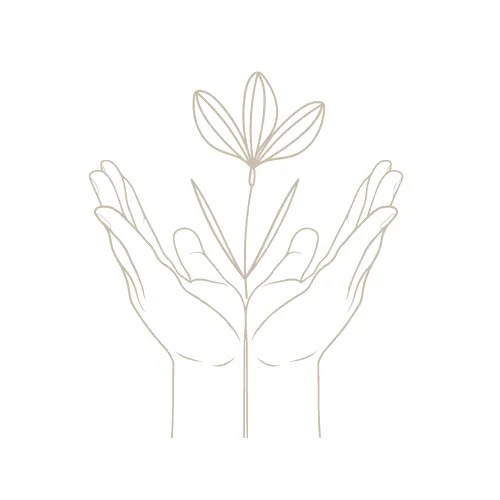

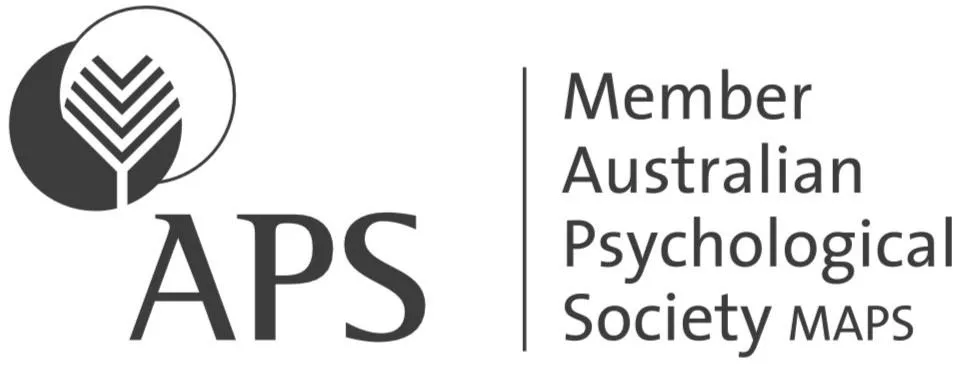
We are committed to protecting your personal information and respecting your privacy. This website uses cookies to analyze website traffic and optimise your website experience. By accepting our use of cookies, your data will be aggregated with all other user data.
DISCLAIMER: The material contained on this website is for general educational and information purposes only and is not a substitute for professional legal, financial, medical or psychological advice or care. While every care has been taken in the information provided, no legal responsibility or liability is accepted, warranted or implied by the authors or Family Counselling Support Network and any liability is hereby expressly disclaimed. For specific advice please contact us at [email protected]. All information contained on the website remains the intellectual property of Family Counselling Support Network and is for your personal educational use only. The information must not be reproduced or distributed without the express permission of Family Counselling Support Network.
We are committed to providing an inclusive and accessible environment where people and communities of all identities and backgrounds are accepted, safe and celebrated.
Privacy Policy | Terms and Conditions
